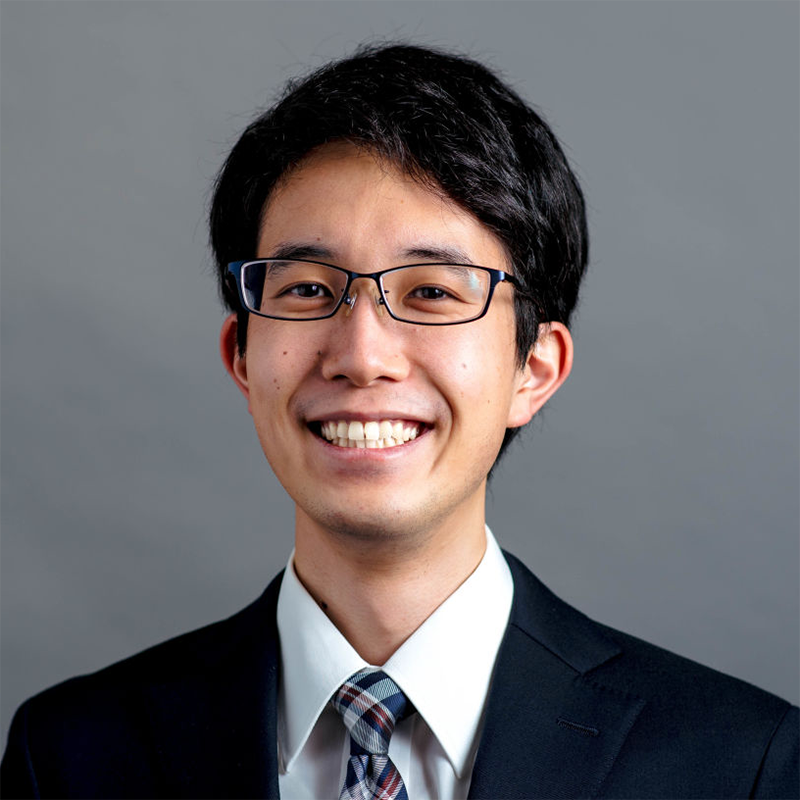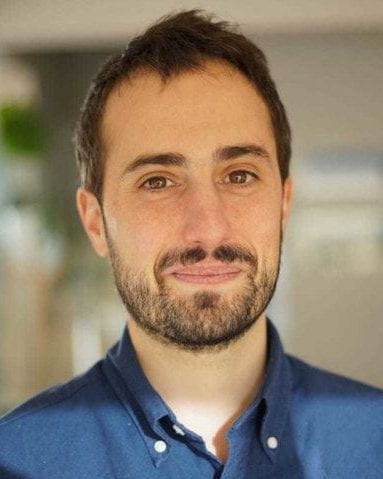Department of Epidemiology
Learn how we advance public health globally by researching the frequency, distribution, and causes of human disease, and shaping health policies and practices.
677 Huntington Avenue
Kresge, 9th Floor,
Boston, MA 02115
Pharmacoepidemiology
The mission of the Program in Pharmacoepidemiology and Real World Evidence (RWE) is to equip the next generation of investigators with the expertise needed to evaluate the safety, effectiveness, and use of drugs, biologics, and medical devices.
Pharmacoepidemiology merges pharmacology and epidemiology to study real-world medication use and outcomes. Using data from sources like healthcare records and registries, it examines drug use, prescribing trends, adverse effects, and outcomes in diverse populations to generate Real World Evidence (RWE). This field supports efficient trial design, post-marketing surveillance, and safety and effectiveness evaluations across a product’s life cycle, ultimately guiding clinicians, regulators, and industry to improve public health.
The Program in Pharmacoepidemiology’s comprehensive yet flexible curriculum blends formal coursework with hands-on research experience. In partnership with the Division of Pharmacoepidemiology & Pharmacoeconomics (DoPE) at Brigham and Women’s Hospital, the program delivers an integrated educational experience through a specialized curriculum featuring both core and elective courses, collaborative engagement with diverse faculty, and individualized training plans.

Recent Graduate Profile
Name: Motohiko Adomi
Area of Research: Pharmacoepidemiology
Degree: Masters of Science (SM2)
Year of Gradation: 2023
Current Role: PhD student in Epidemiology
Highlights from the program include:
- Access to a wide array of courses covering research methods such as causal inference, artificial intelligence, and database analytics, as well as study design, randomized clinical trials, meta-analysis, cost-effectiveness analysis, health services research, pharmacovigilance, drug development, and regulatory science
- Participation in innovative research projects allows students to gain expertise in specific diseases or drug classes, data analysis, and the translation of research findings into clinical or regulatory recommendations
- Integration with DoPE enhances opportunities for cross-disciplinary collaboration within the Harvard Medical Area and provides access to unique data resources, including large healthcare claims databases and electronic health records
- Students are encouraged to pursue internships with regulatory agencies or industry and to participate in scientific meetings. Graduates go on to teach and conduct RWE research across academia, government, and industry.
Learn more about our faculty below:






